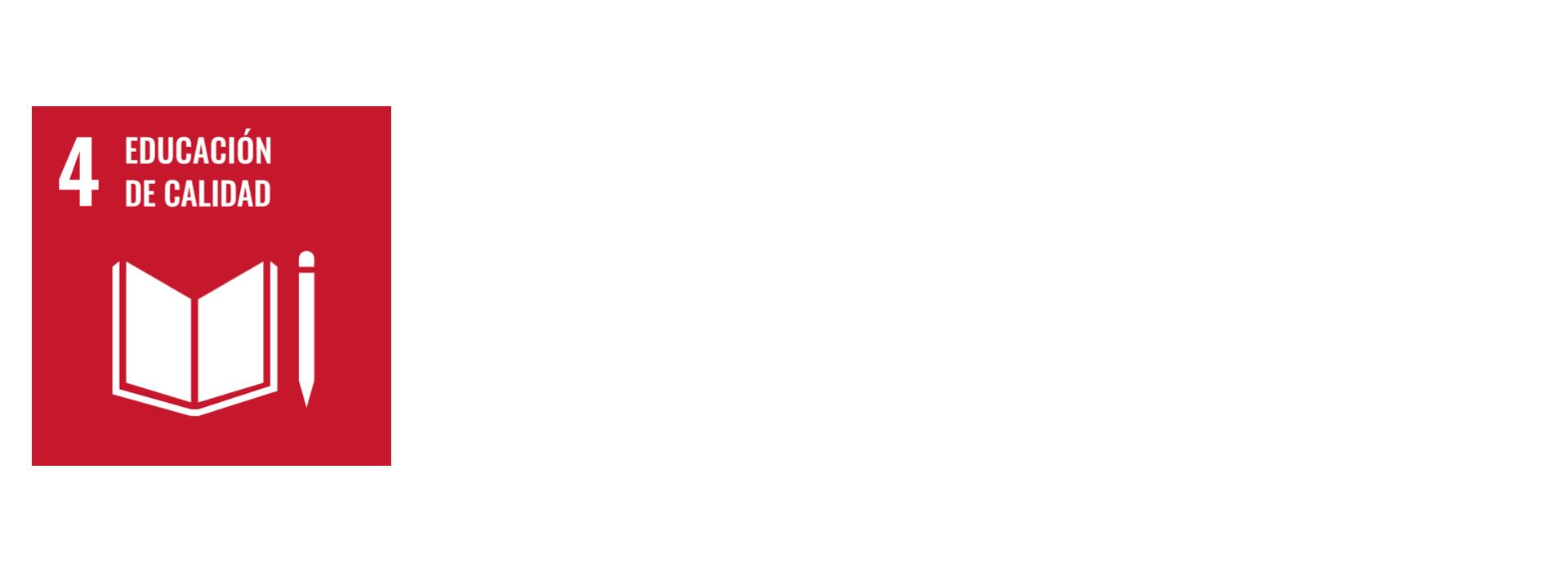Present bookstores and their questions about the future
9 Noviembre - 2021
Jorge Carrión , director of the Master in Literary Creation
Now that we celebrate the world day of bookstores as the pandemic begins to dissolve in the viral atmosphere, maybe it is time to think seriously about what happened to them in March of last year. My feeling is that the bookstores reacted as best they could, they worked hard and were saved thanks both to that effort and to obvious yet unexpected allies. During the lockdown we understood that we needed physical company and not just virtual company in the home environment. Books were then as important as pets, plants or cooking. The history of literature also made it clear in a matter of weeks that audiovisual catalogs end up running out, while readings are potentially endless. But the truth is that, beyond the overtime and the help provided by context, psychology or tradition, many bookstores were not prepared for a crisis like the one they experienced.
Bookstores risked their survival when it was already obvious that no business or cultural project could ignore the need for digital environment and tools.
In those difficult moments it became evident that bookstores are reactive by nature. They generally know how to react. They are resilient, but also lucky. Perhaps it is time to change that logic and for bookstores to begin to be more proactive than reactive. In March 2020 there were still many bookstores that did not have a good website and, therefore, could not sell through it; nor some pixelated social networks that would accompany and enhance the personal ones. Their survival was at stake when it was already obvious that no business or cultural project could ignore the need for digital environment and tools.
The pandemic has accelerated the digitization of the world and the post-pandemic - it seems- will underpin the coexistence of telework, distance education, electronic commerce and virtual relationships with work, educational, commercial and emotional experiences present body, sensory and physical. At the same time that we got used to Zoom, Teams, WhatsApp or Tinder, we missed the contact, the presence, tremendously. That means that the book will continue to coexist with the screen. This is great news for bookstores, which come out stronger from this otherwise traumatic experience. But there is no doubt that they cannot continue to rely on tradition and luck if they want to make it to the 22nd century alive.
Is it possible the existence of a great metaverse of culture, which follows the model of Wikipedia and not that of Facebook?
Everything points to the fact that during this third decade of the century the internet of things and the metaverses of augmented and virtual reality will prevail. The brands and companies of the planet are adapting to the new imperative of sustainability. The future is already partly present: it is very likely that the two main axes of the coming decades will be awareness of climate change and artificial intelligence. And that, among the greatest concerns of each and every one of us, is loneliness.
How are bookstores positioning themselves before this increasingly real and imminent horizon? What are their proposals? How do the discussions and agreements of the European and International Booksellers Federation affect our local bookstores? Are booksellers making deals with technology developers and research centers to advance Amazon's next moves? Is it possible the existence of a great metaverse of culture, which follows the model of Wikipedia and not that of Facebook? Will bookstores continue to react to each new challenge when it may already be too late? Or, on the contrary, are they going to be purposeful and really contemporary? What questions are bookstores asking themselves on this 2021 bookstore day? How can they become questions that we all ask ourselves, to arrive at collective answers?

